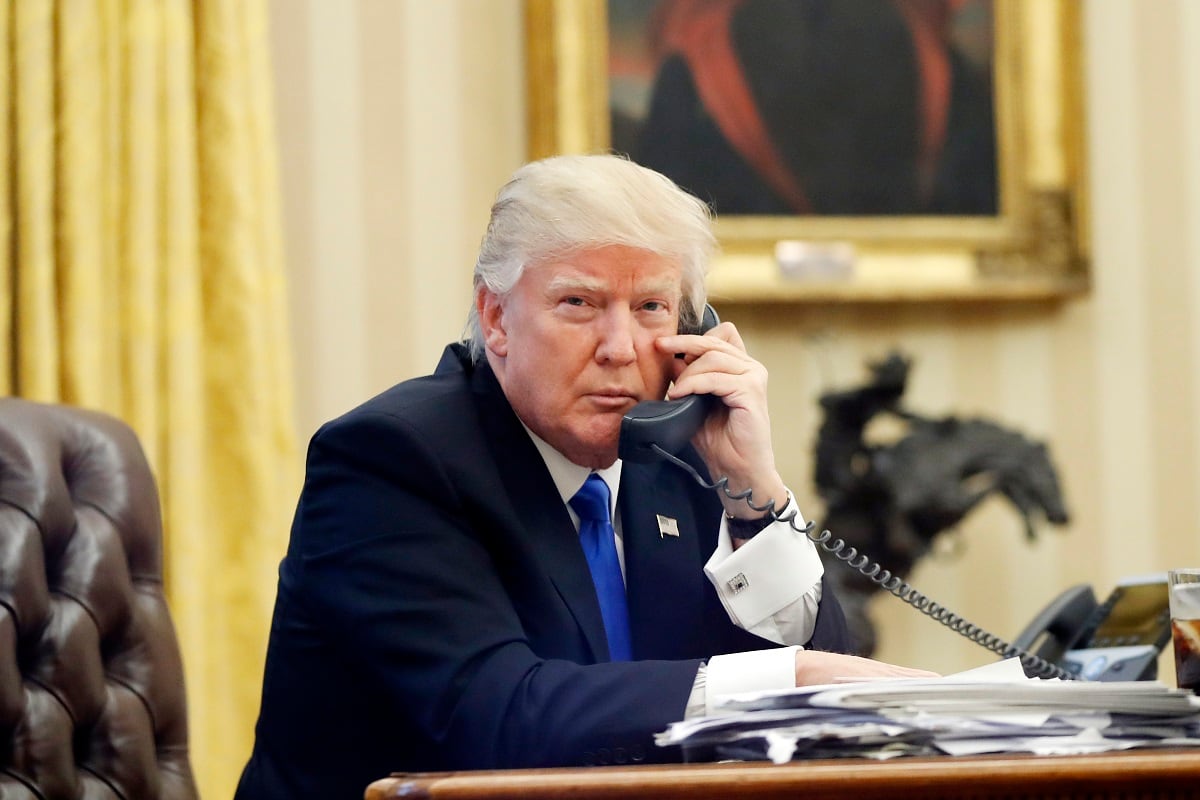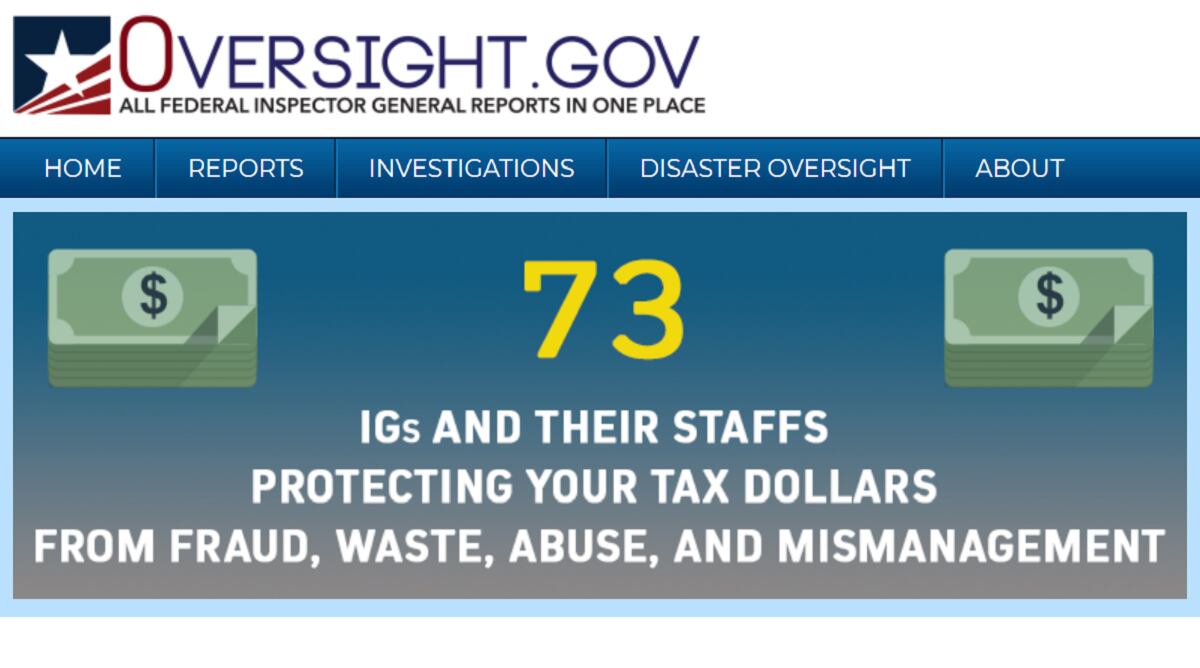Changes to existing law and legislative requirements could improve both the actual and perceived independence of the federal government’s inspectors general, according to a report issued by the Government Accountability Office June 8.
The report details actions Congress could choose to take to preserve the structure, succession and safeguards of agency IG’s.
“Various legislative proposals to strengthen IG independence have been introduced in the current Congress, and several congressional committees have contacted GAO to request information on this and related topics. Congressional oversight plays a critical role in ensuring that IGs perform their statutory responsibilities and in preserving and strengthening their independence,” the report states.
RELATED

Safeguarding the structure of IG offices includes ensuring that IG’s are able to retain their independence from the rest of their agency and the executive branch at large by establishing protections against the removal of such officials.
“Congress could consider amending provisions governing the removal of IGs to authorize for-cause removal only, to align with existing federal statutes applying for-cause removal to certain federal officers and applicable U.S. Supreme Court precedent,” the GAO report reads.
“Congress could consider amending provisions governing the removal of IGs to require the president to provide advance notification of changes in status of an IG beyond removal or transfer, such as placing an IG on administrative leave, and to provide more detail on the reasons for such changes in status.”
Agency IG’s are either nominated by the president and approved by the Senate or chosen by the head of the agency they are charged with overseeing. The Trump administration has come under fire in recent months for its trend of firing agency inspectors general, most recently the abrupt firing of State Department Inspector General Steve Linick.
According to the GAO report, Congress could benefit by expanding reporting requirements related to both IG independence and current vacancies.
RELATED

“In recent years, the number and duration of IG vacancies have raised concerns about the effect of vacancies on the ability of OIGs to carry out their statutory responsibilities,” the report reads.
“When vacancies exist for long periods of time, designating qualified individuals as acting IGs is even more critical. Subject matter experience is not sufficient; the acting IG must also meet the independence requirements of [generally accepted government auditing standards] and comply with the provisions of the IG Act that protect the OIG from inappropriate interference.”
GAO recommended that Congress consider amending the Vacancies Act, which governs how the successor to a departing IG should be selected, to require that the first assistant to that departing IG take up the position in an acting capacity. Currently, the law permits the president to select another Senate-confirmed official or senior employee of the agency to take up the IG post in an acting capacity.
“It is important that independence, of mind or appearance, not be sacrificed for other factors in the staffing and leadership of OIGs. While short-term designation of an acting IG from an agency management position may not automatically be problematic, it must be handled carefully,” the report reads.
“To protect the independence and integrity of the OIG’s work, an acting IG should be vigilant in evaluating independence and applying appropriate safeguards. Otherwise, when independence is impaired, there is a detrimental effect on the quality of OIG work.”
Finally, the report recommends that Congress take action to strengthen the safeguards of IG independence and integrity, namely requiring documentation on potential threats to those safeguards and instituting mandatory recusal mechanisms for IGs who may pose a threat to threat to the integrity of a particular investigation.
Jessie Bur covers federal IT and management.
In Other News




